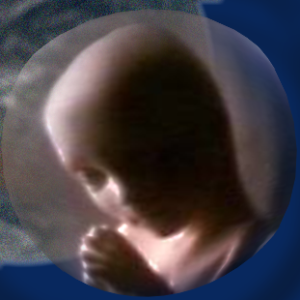(Xinhua) — Scientists from China will for the first time conduct an experiment to induce the differentiation of human embryonic stem cells into germ cells on China’s first cargo spacecraft, Tianzhou-1.
Kee, a Malaysia Chinese professor at China’s prestigious Tsinghua University, says the unprecedented experiment will study the basic development and maturation of germ cells in the micro-gravity environment, and the developmental potential of human embryonic stem cells.
Previous research in this area mainly focused on monitoring the reproductive hormone levels of astronauts. Due to the ethical and physical constraints, it has been very difficult to directly obtain and study their germ cells.
“If we aim to directly study human reproductive biology in space, we need to build an in-vitro platform to study the germ cells. So we chose to use human embryonic stem cells to differentiate into germ cells,” says Kee.
In 2009, he and his colleagues used human embryonic stem cells to create human primordial germ cells and sperm-like cells for the first time. They published their research in the academic journal Nature.
Currently, the team has successfully obtained egg-like cells from human embryonic stem cells and will be publishing this novel finding soon.
Human embryonic stem cells can be induced into primordial germ cells and further differentiate into sperm-like or egg-like cells. But differentiating embryonic stem cells into sperm-like or egg-like cells is very difficult because they require more developmental steps and more cellular factors, says Kee.
Although other scientists have conducted similar experiments, none has made human germ cells differentiate into such a mature state as Kee’s team has.
“We have compared the in-vitro cultured cells with in-vivo cells, and found they have many similar characteristics. But we can only call the in-vitro ones sperm-like cells or egg-like cells, because we still can’t prove they are exactly the same until we conduct functional experiments,” Kee says.
So far, all such experiments have been conducted on the ground, so scientists do not know whether micro-gravity will affect the differentiation of human embryonic stem cells and the formation of germ cells.
“The experiment on Tianzhou-1 will last 30 days. To what extent the human embryonic stem cell can differentiate in space is still unknown. Will the process be delayed? If so, by how much?” asks Kee, adding they expect to see at least the first stage of the primordial germ cells appear.
 China Exclusive: Are human space babies conceivable? Tianzhou-1 experiment may give clue
China Exclusive: Are human space babies conceivable? Tianzhou-1 experiment may give clue